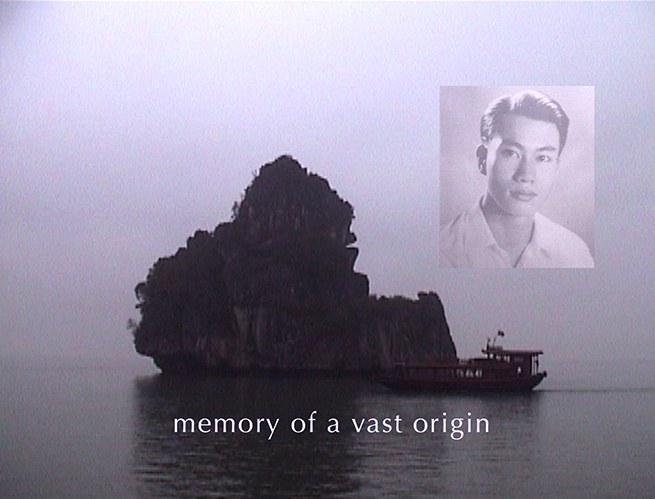Sutapa Biswas was born in India in 1962, and moved with her family to London aged four, where she now lives and works. Drawing from a range of sources including literary texts and art history, she is a conceptual, interdisciplinary artist who is interested in exploring spatial stories and the relationships between people and the places they live. In particular, she is drawn to questions that oral narratives reveal about the human condition and their relationships to collective histories and time.
Biswas graduated with a BA in Fine Art with Art History from Leeds University, completed her postgraduate at the Slade School of Art and was a research student at Royal College of Art. Her works have been widely exhibited including at Tate Modern, Tate Britain, Tate Liverpool, Yale University Art Gallery (New Haven), Mixed Bathing World 2015 Triennial (Beppu, Japan), 6th Havana Biennial, Neuberger Museum (New York), Nara Roesler (Sao Paolo), Art Gallery of Ontario (Toronto), Melbourne International Arts Festival, Whitechapel Gallery, Iniva (London) and ICA (London).
She was the 2008 Andrew W. Mellon Fellow at the Yale Centre for British Art, and is a European Photography Award 1992 nominee. Her artworks are represented in collections including TATE, APT (New York), Arts Council England, Reed Gallery, USA, Graves Gallery, Sheffield Museums and Galleries, UK. Biswas is a Reader in Fine Art at Manchester Metropolitan University, UK.



